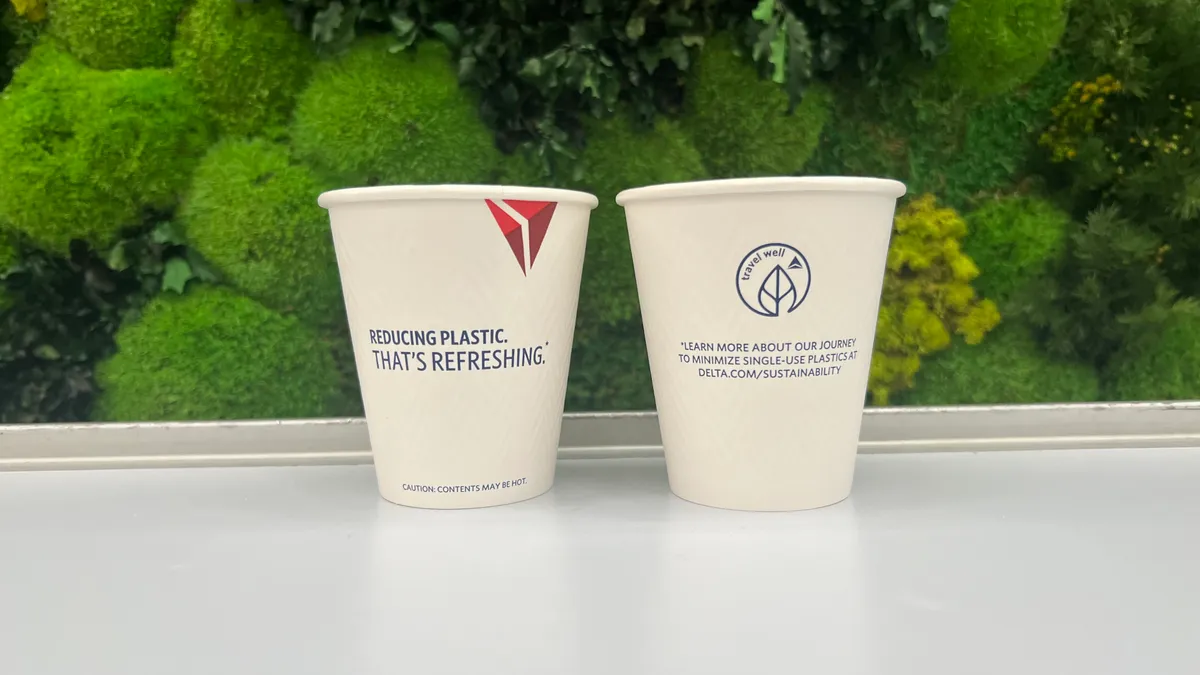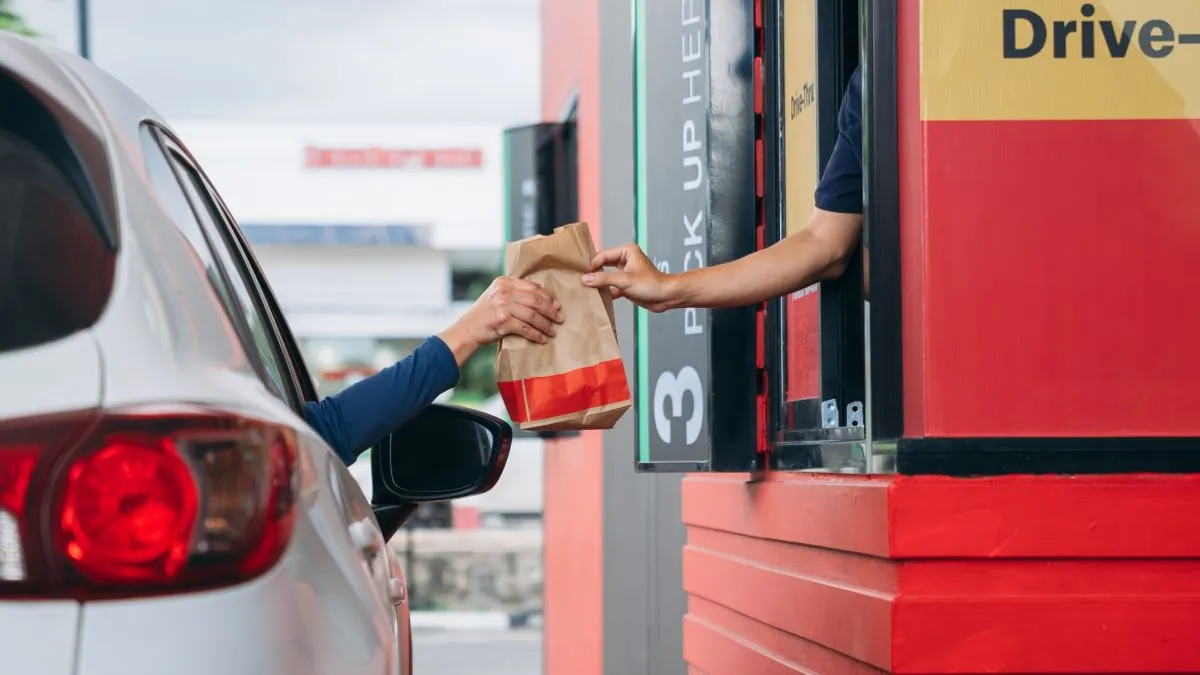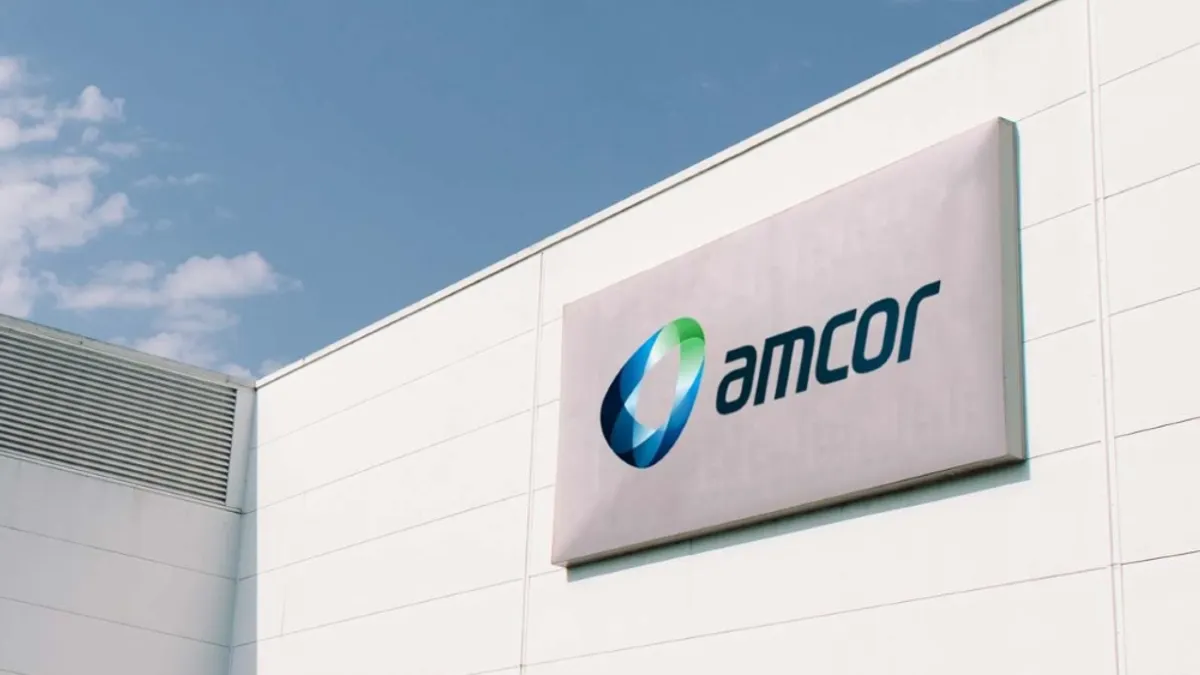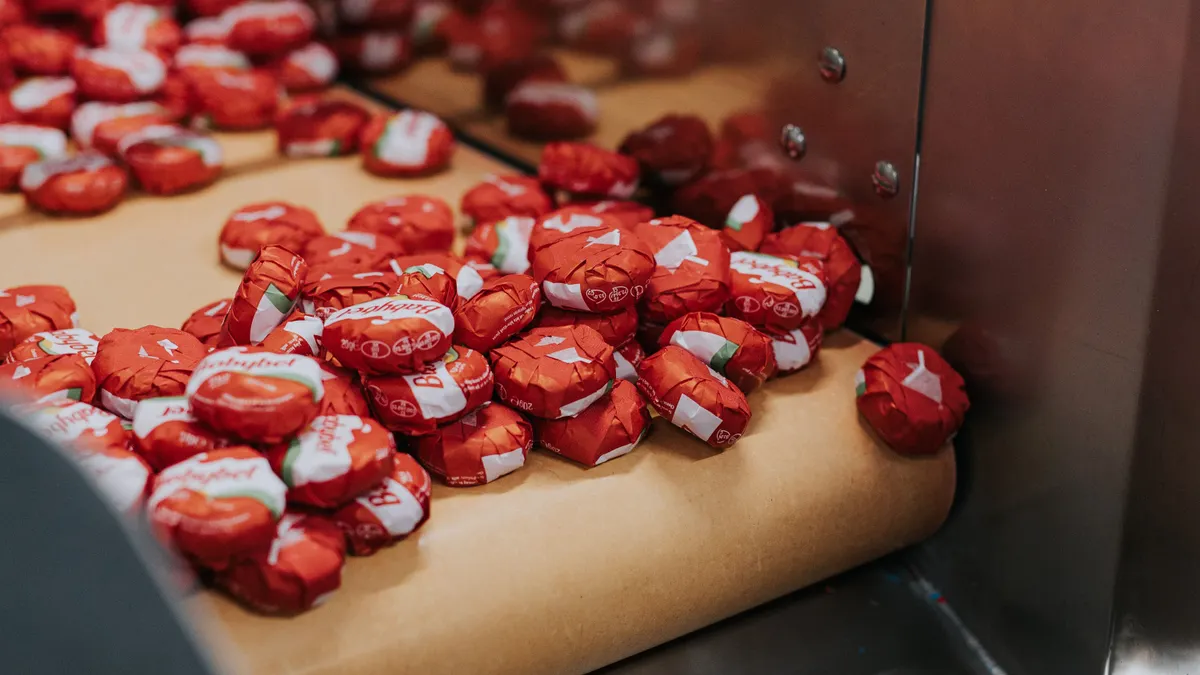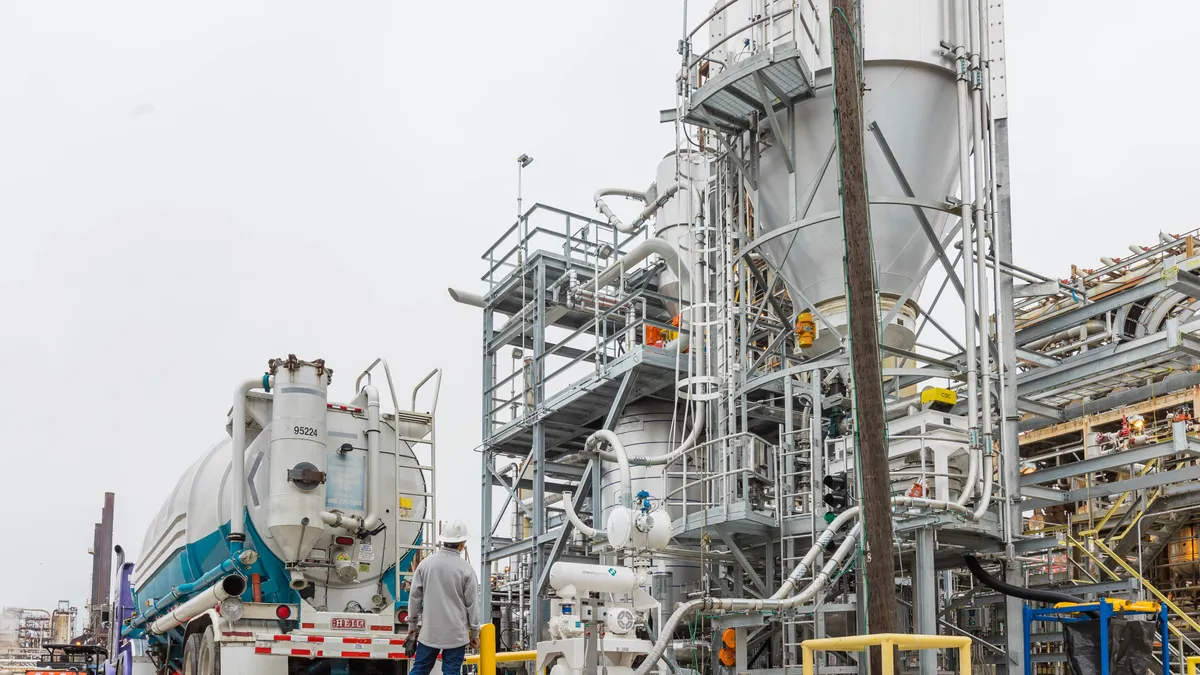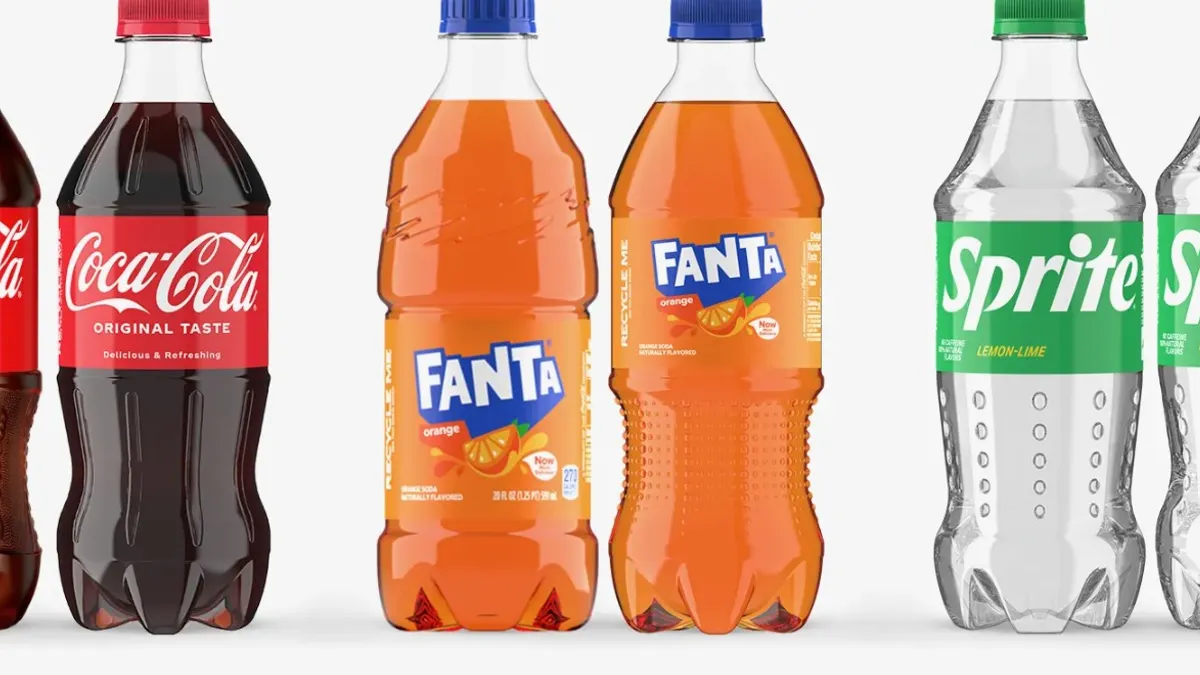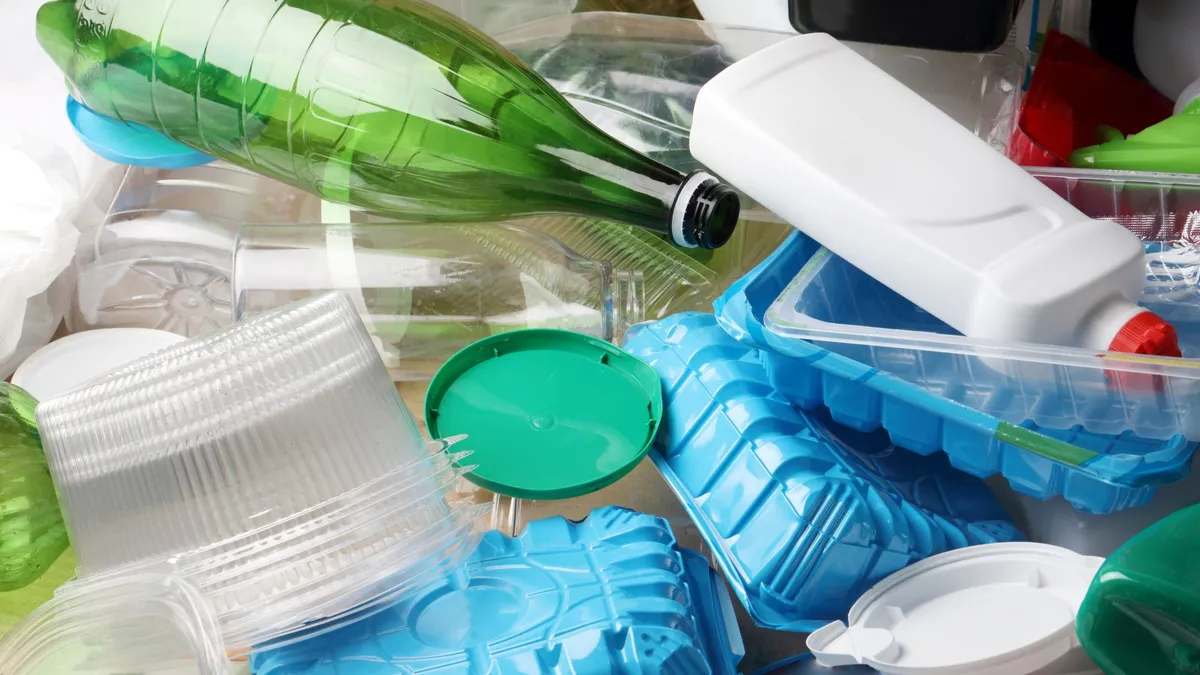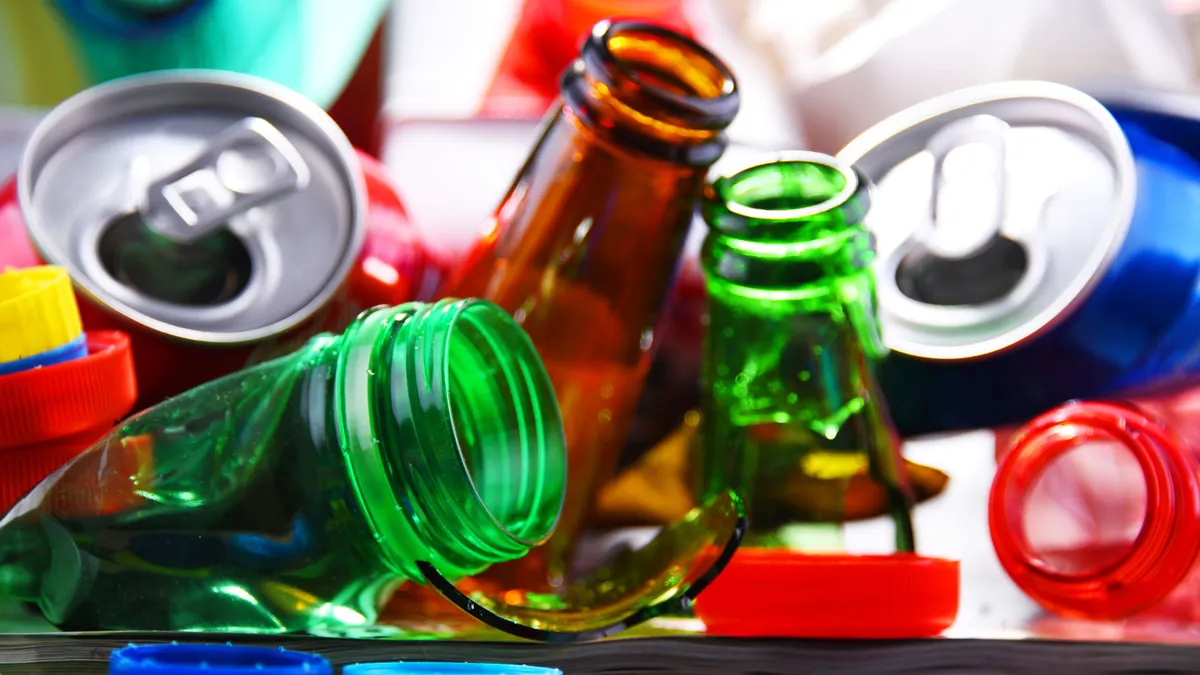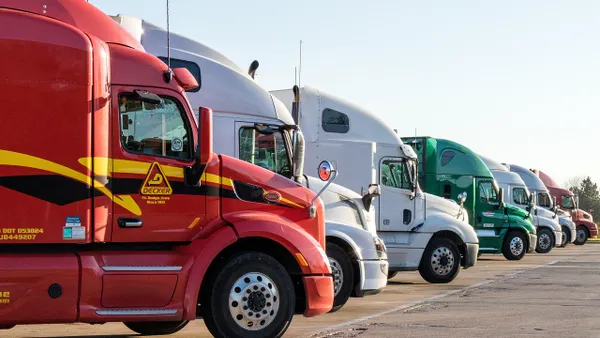Taking to the friendly skies doesn’t have to be synonymous with creating more single-use plastic packaging waste. The airline industry has opportunities to improve its circularity in this regard, but it also faces notable barriers to progress, according to a report released recently by the International Air Transport Association, with support from Travel Without Plastic and WRAP (Waste and Resources Action Programme).
The report advocates for a unified approach to managing single-use plastic products across the aviation sector. Its main purpose is to provide recommendations to airlines, regulators and the supply chain on their respective roles in reducing SUPP use. It digs into upstream and downstream stakeholders’ needs “to enable a more circular approach to material use, product design and innovation, procurement policies, and appropriate waste management.”
The hygienic and lightweight properties of SUPP are reasons for their widespread use in aviation, the report said. It cited cabin waste audits from 2013 to 2014 and 2018 showing that plastic accounted for 17% to 20% of the waste composition by weight. PET bottles comprised 2%.
The report mostly focuses on passenger and cargo operations. The main categories of problematic packaging products that it addresses are water bottles, single-use drink cups, food service ware, cutlery and cargo plastic sheets and stretch wrap. Some problematic plastics include those for small condiment packets, excessive cargo protection and individually wrapped items like wet wipes and blankets.
IATA represents about 320 airlines in 120 countries, including U.S.-based carriers such as Alaska Airlines, American Airlines, Delta Air Lines, FedEx Express, Hawaiian Airlines, JetBlue, United Airlines and UPS Airlines. The association and its members aim to achieve net-zero carbon emissions by 2050. IATA’s Sustainability and Environment Advisory Council also has a working group that aims to identify single-use plastic issues and offer advice on best practices for managing them.
Recommendations
Collaboration across the aviation value chain “is vital” for reducing reliance on single-use plastics and their subsequent waste. Passengers also play a role in plastics reduction; IATA recommends developing a strong communications plan with consistent messaging to educate the public.
IATA presented a variety of recommendations that it split among airlines, regulators and the supply chain, including:
- For airlines:
- Reduce waste at the source and set clear targets for elimination, measurement and tracking implementation, then report on progress.
- Identify unnecessary and problematic SUPP and prioritize their removal or replacement.
- Introduce reusable items.
- Facilitate onboard and ground waste segregation and carry out waste composition audits to improve waste management and material recovery.
- For regulators:
- Address the need for simple, harmonized regulations to define SUPP and encourage their minimization.
- Create the infrastructure and models for implementing reuse, with specific consideration of airline industry characteristics.
- Support the development of infrastructure for waste segregation and recovery at or near airports.
- Develop sustainability guidance and certification for plastic alternatives.
- For the supply chain:
- Organize or participate in multi-stakeholder working groups to implement changes that prioritize end-to-end solutions to minimize waste generation at every stage of a product’s life cycle.
- Increase public and private sector collaboration and investments to implement circular economy principles in the airline sector.
- Encourage the development of new contract models with airlines that incentivize recycling and waste reduction.
Challenges with plastic reduction
Dozens of airlines began SUPP replacement programs in 2018 or later, but health and safety measures during the pandemic reversed the trend, the report said. Many have reinstated reduction programs.
While some single-use plastics can be avoided in aviation, “[a]irlines, suppliers, and regulators need to exercise caution when replacing SUPP with other materials as the alternatives might not always generate the best environmental or social outcomes,” the report said. Trying to solve the plastic pollution problem could inadvertently cause negative environmental effects like increased emissions, “demonstrating the complex trade-offs that airlines and regulators must consider,” it added. For example, operators must weigh the impact from using water and energy to wash and dry reusable food service wear.
Further, the cost of alternatives is a barrier: In an IATA survey, 83% of respondents indicated the increased costs are the biggest deterrent to implementing change. For instance, not all alternatives to SUPP are available at scale, making the cost per unit expensive.
Developing life cycle assessments is important for airlines to avoid simply shifting environmental impacts to other areas and to assess the costs associated with making changes, the report concluded.
The report also detailed impacts from the fragmented regulatory environment, which IATA said doesn’t always consider the full supply chain. The lack of an international consensus on defining or managing single-use plastics further complicates the issue.
What airlines are already doing
Airlines already have undertaken some initiatives to reduce their reliance on single-use plastics, both on the consumer-facing side and behind the scenes. IATA estimates at least 40 airlines have undertaken such efforts globally.
Last year, Delta Air Lines announced that it would switch from plastic to paper beverage cups on flights, which it estimates would eliminate 7 million pounds of single-use plastic per year. It began testing the cups on certain flights in December, and testing is expected to be completed this spring. The airline described how it had spent years on R&D to devise a fiber cup that could withstand both hot and cold drinks as well as alcoholic beverages, which have dissolving properties. Delta also reported that it is testing a reusable cup.
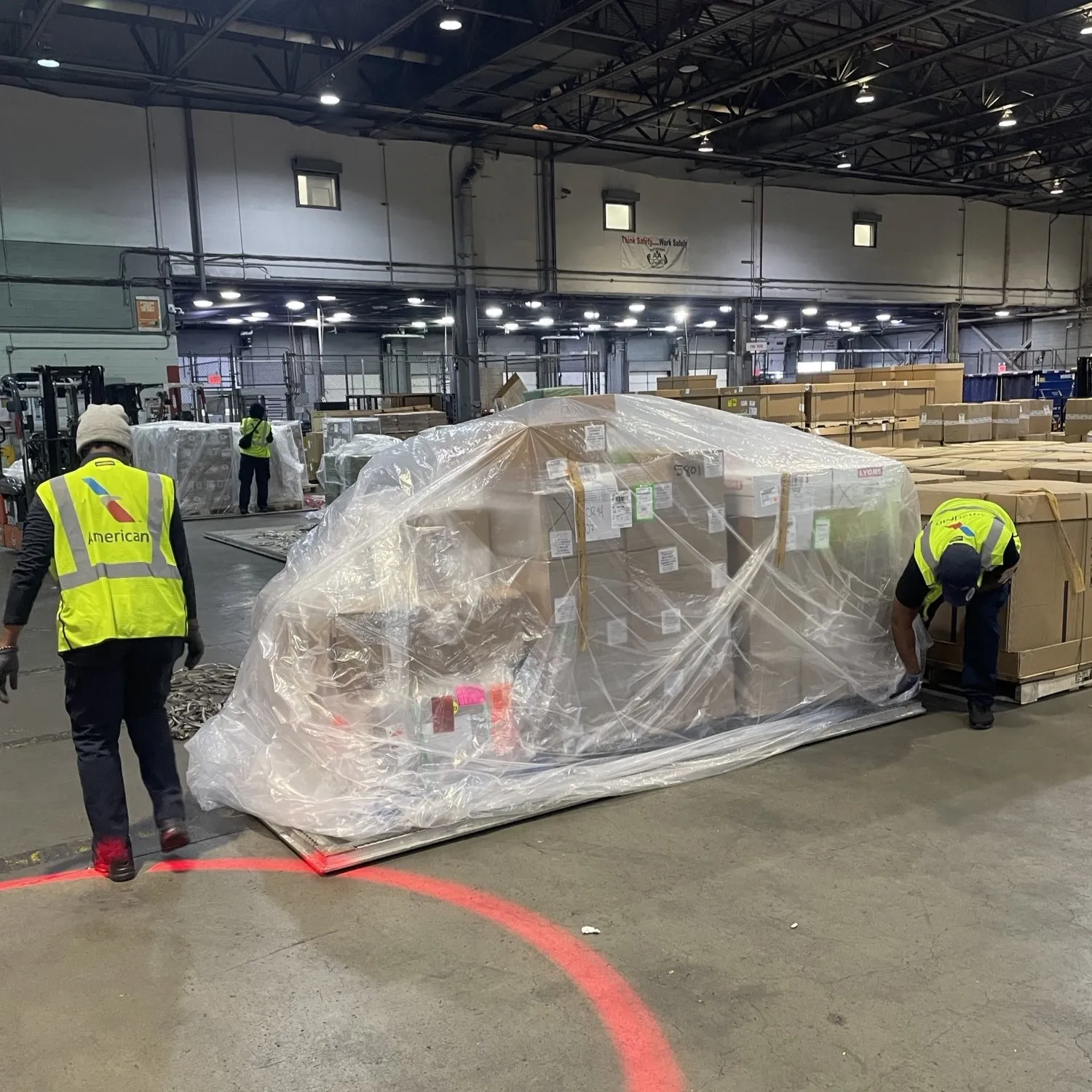
American Airlines Cargo announced in January that it reduced long-term plastic waste by 150,000 pounds in 2023 by using M&G Packaging’s BioNatur Plastics products in cargo operations. While conventional plastic can take up to 1,000 years to degrade in a landfill, BioNatur biodegradable plastics degrade in landfill conditions in about 8 to 12 years, according to a news release. American Airlines began transitioning to this material in early 2022, and Charles Rick, president of BioNatur Plastics, said in the release: “We look forward to even greater impact together in 2024.”
And on Tuesday, Belgian food packaging and service ware supplier deSter announced it’s partnering with specialty materials company Eastman to create reusable in-flight drinkware created with the latter company’s Tritan Renew. The material is made with 50% certified recycled content via Eastman’s molecular recycling technology, the companies said in a news release, and the resulting reusable products are durable enough to withstand the rigors of airline transportation, onboard use and commercial washing.
“For drinking cups, we have to find a durable and sustainable material to meet the design and operational challenges. Tritan Renew is one of the materials with the greatest potential to meet this demanding challenge,” Philippe De Naeyer, director of sustainability at deSter, said in the release.
Overall, there is a “genuine willingness among most key players in the aviation value chain to eliminate, reduce, and replace SUPP,” the report said. “Meaningful change cannot be achieved in isolation or without due appreciation for the complexities of the airline sector value chain.”


